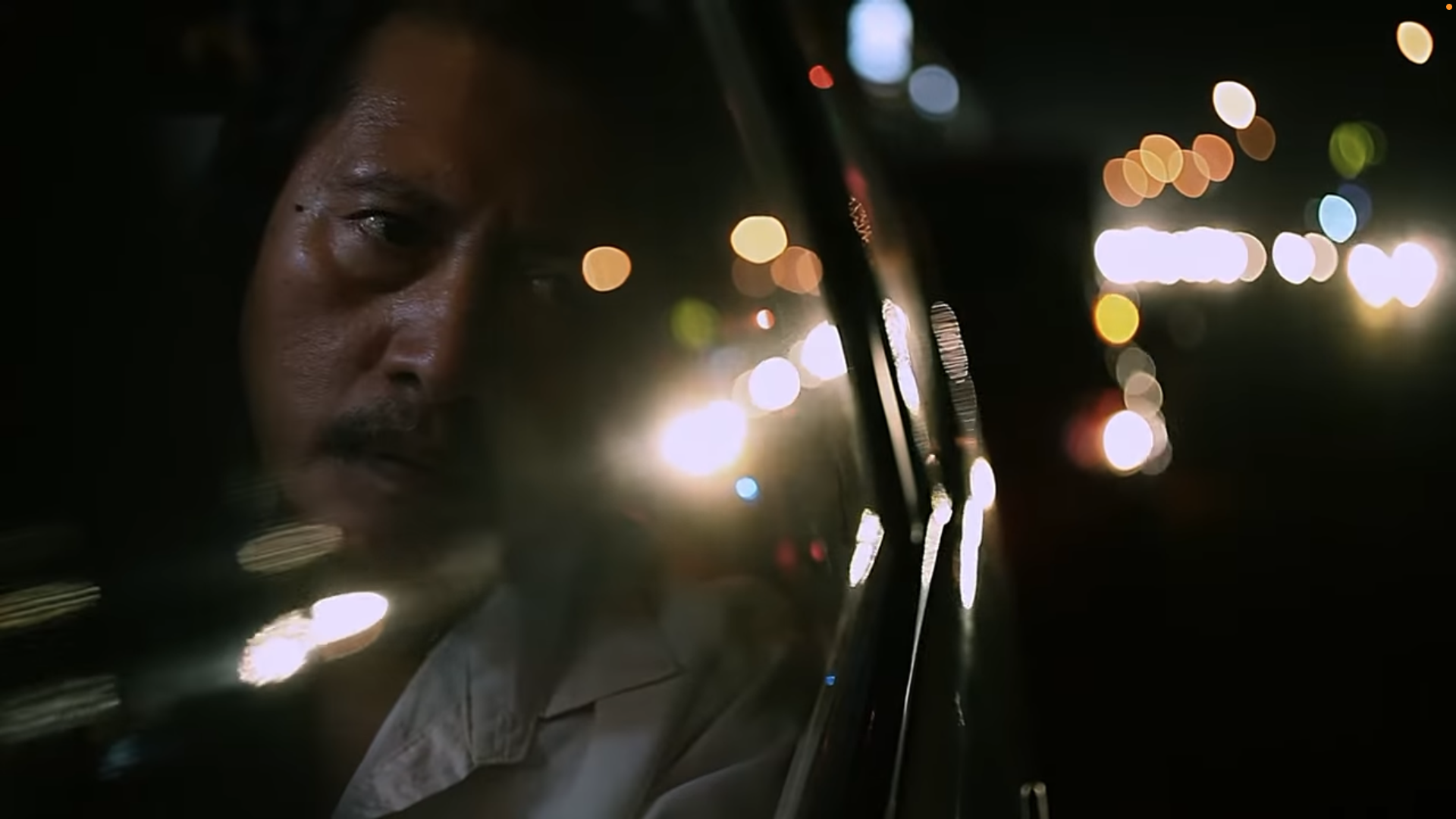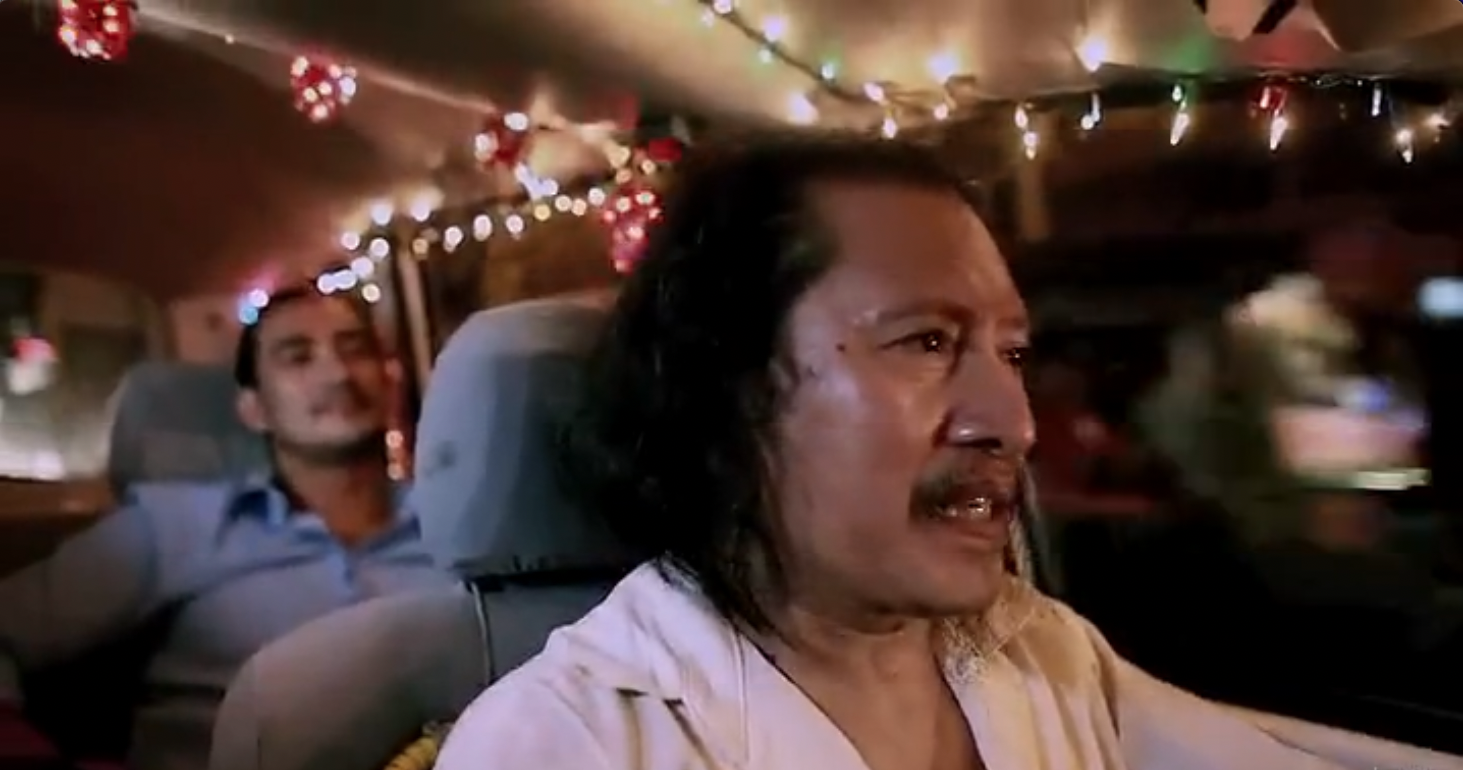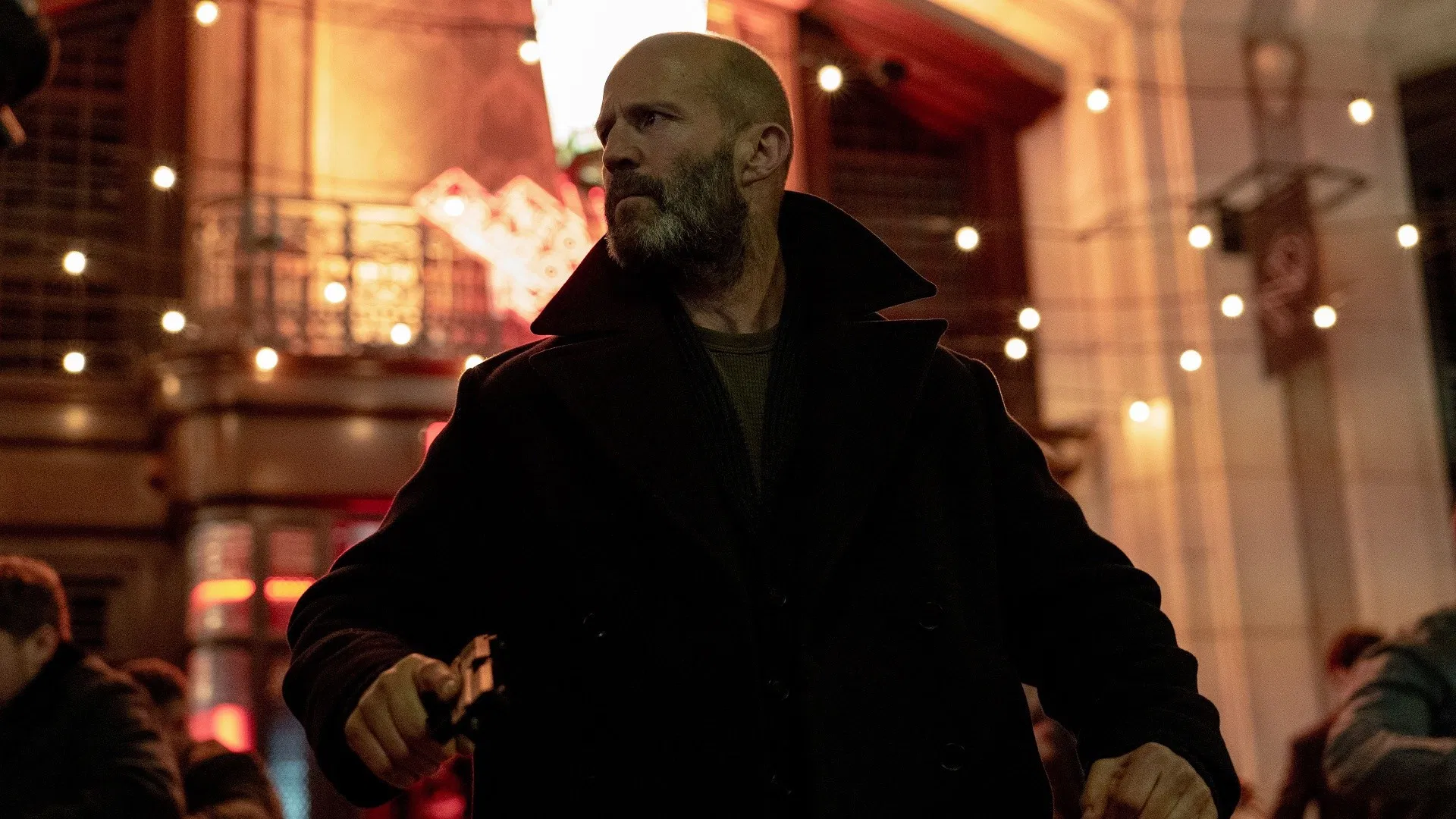Boundary ‘REVIEW’: One Wild Ride
Boundary ‘REVIEW’: One Wild Ride
Filipino taxi thrillers, surprisingly, are one of the most underexplored genres in the industry for reasons that are unknown. What can be said with one of its rarest examples in Benito Bautista’s “Boundary” is that it reveals a multiplicity of layers that are surprising enough on their own, and powerful when combined. “Boundary” establishes itself with a very simple premise: a taxi driver picks up a businessman during the Christmas season. What comes out of this ordeal isn’t your standard Filipino thriller with guns blazing and people dying. Instead, it is a particularly intricate examination of Filipino social dynamics, socioeconomic struggle, and the art of malice as told from the inside of a taxicar.
Ronnie Lazaro and Raymond Bagatsing primarily make up the ethos of this film as two socioeconomically contrasted characters with one being the businessman and the other being the taxi driver. It’s a dynamic that is unfurled throughout the film in subtleties as the dialogue slowly hints at oddities regarding both of their characters. These oddities are so fascinating to notice because both actors navigate through the film with the complexities appropriately assigned to their characters. Given that the film mostly operates from the inside of a rented taxi, it’s a given that a lot of the scenes are shot up close and thus, allows the audience to see every movement of muscle and change in emotion intensely.
Watching this film sometimes recalls shades of Michael Mann’s “Collateral”, notably with how the film’s themes and eventual twist reveal themselves. What can be uniquely said about “Boundary” though, is that it is far less absolute in the dichotomy between its two co-stars. Without revealing key plot points, this film is an interesting navigation of those aforementioned social dynamics present in Filipino culture. Indebtedness a-la “utang na loob”; political intrigue; blue-collar struggle; these and many more make up the film’s story. Benito Bautista in a post-viewing interview points out that plenty of decisions and elements are inspired by his conversations with taxi drivers and the swathing list of Filipino attitudes institutionalized in government and society. It’s telling that with his observations, the themes that exist in the film are worth looking into on repeat watches.
What gets the film going apart from excellent performances from key actors and its themes here is that it also knows how to navigate itself in terms of pacing and cinematography. It’s already enough that Bautista and his crew were able to commandeer the story mostly from inside the taxi, but it’s another level to employ smart visual cues and editing that accentuate the dread here. Screeching violins, mirror shots, and Christmas lights all supplement the film in a way that can get the audience thinking every second about the stories of these troubled characters.
If anything, this is a film that is only partially marred by its own post-production. There are scenes where the cuts in audio are noticeable; the color grading at times feels a little too flat on a visual level. The sparse bits of humor in this film also feel a little strange, even as it attempts to add some seediness to the story. However, these don’t significantly bog down the experience of sitting through “Boundary”, but I do feel like marginal improvements from these aspects would’ve definitely made this even more terrifying to watch than it already is.
Thematically speaking though, “Boundary” operates around gray areas that are interesting to think about, much more even evaluate. It’s a film that questions the morals and values that each person, working driver or wealthy executive, possess. To even think that a film like this emerged in 2011, way before political violence and intrigue in the Philippines reached new heights, is quite intriguing. It’s a story that takes place during Christmas, but the gifts it hands are far from festive.
Boundary was screened last April 8 through UP EURO’s "PelikEUla: An Online Film Showing Event".
















